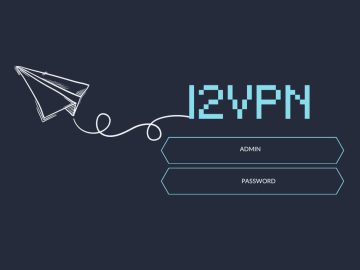This comprehensive Web3 guide explores its core principles, and real-world applications, and addresses the challenges and opportunities that lie ahead. Learn how Web3 empowers users, fosters community ownership, and paves the way for a new era of a more open and equitable web.
The concept of Web3 has been building momentum and inspiring innovation worldwide. It promises a revolutionary change in the way we interact with the internet, offering a decentralized, community-driven alternative to the centralized platforms that dominate today’s web.
But what exactly is Web3, and why has it become such a buzzword? In this feature article, we delve into the origins of Web3, unpack its key principles, and explore the potential impact it could have on our digital lives.
Web3, also known as Web 3.0, is a vision for the third generation of internet development and usage. It builds upon the foundations of the current web (Web 2.0) but aims to address some of its inherent issues, such as centralized control, privacy concerns, and the platform-centric nature that often disadvantages users.
Fundamentally, Web3 is about decentralizing the internet, giving users greater control over their data, identity, and online interactions. It leverages blockchain technology, distributed systems, and cryptographic security to create a more open, transparent, and user-centric web.
The Key Principles:
- Decentralization (a) – Web3 advocates for a distributed web where users can connect directly with each other without relying on centralized intermediaries. This is achieved through peer-to-peer networks and blockchain technology, which enables trustless interactions and shared control.
- Decentralization (b) – Unlike Facebook or Google, which control vast amounts of user data, Web3 applications are built on decentralized networks like blockchain. This means data is distributed across multiple nodes, making it resistant to censorship and single points of failure.
- User Control and Ownership – In Web3, users are meant to have sovereign control over their data, content, and digital assets. This means personal information is not siloed by large corporations, and users can choose how and when to share their data. Digital ownership is also enhanced through non-fungible tokens (NFTs) and blockchain-based assets, which are uniquely identifiable and transferable.
- Community Governance – A key aspect of Web3 is the idea of community-driven governance. Many Web3 platforms are designed as decentralized autonomous organizations (DAOs), where decisions are made through consensus mechanisms and token-based voting. This shifts power from centralized entities to the community of users and creators.
- Interoperability and Open Standards – Web3 promotes interoperability between different platforms, services, and blockchains. Using open standards and APIs, enables seamless interaction and data portability across the web, reducing platform lock-in.
- Incentivized Participation – Web3 introduces new economic models where users are incentivized to contribute and engage. Through token rewards, users can earn value for their participation, content creation, or provision of resources. This aligns the interests of users and platforms more closely.
Practical Examples:
- Social Media and Content Platforms: In Web3, social media platforms could be decentralized, with users owning their content and having a stake in the platform’s success. Platforms like Hive, Steemit, and Lens offer user-controlled content creation and reward systems, challenging the centralized models of Facebook or Twitter.
- NFTs and Digital Art: Non-fungible tokens (NFTs) have become a prominent feature of Web3, allowing artists and creators to mint unique digital assets that can be traded or sold. Platforms like OpenSea and Rarible enable a new economy for digital art, collectibles, and even utility tokens with real-world benefits.
- Decentralized Finance (DeFi): DeFi applications leverage blockchain technology to offer financial services without traditional intermediaries like banks. Users can borrow, lend, earn interest, and trade digital assets directly with each other. Platforms like MakerDAO and Compound are pioneering this space, offering decentralized alternatives to traditional finance.
- Metaverse and Virtual Worlds: The metaverse, a persistent online virtual world, is closely tied to the Web3 vision. Decentraland and The Sandbox, for example, offer users the ability to own virtual land, create experiences, and interact with others in a decentralized, blockchain-based metaverse.
Challenges and Criticisms:
Web3 is not without its challenges and criticisms. Some question the scalability and user experience of decentralized platforms, while others raise concerns about regulatory complexities and potential misuse of blockchain-based systems. The environmental impact of certain blockchain consensus mechanisms has also been a point of contention, although many projects are now exploring more energy-efficient alternatives.
7 Best Global Web3 Agencies
Now that Web3 has become a global phenomenon, it also requires management. That’s where Web3 agencies come in. They provide expertise in blockchain, cryptocurrency, and decentralized applications, guiding companies into the future of the Internet. Therefore, here are 7 global Web3 agencies
Coinband
Coinband.io is a full-service web3 marketing agency with first-class customer experience and advanced growth marketing tools. With head offices in Dubai and Warsaw, the agency is at the forefront of Web3 marketing, specializing in token sales for projects and post-listing stage development.
Coinband offers a range of services including social media marketing (SMM), community management, public relations (PR), influencer marketing, paid advertising (PPC), SEO promotion, and website development. Among Coinband’s esteemed clientele are industry giants such as ByBit, OKX, ChainGPT, DAO Maker, Poolz, Uniswap, and NEAR.
MarketAcross
MarketAcross is a leading Web3, blockchain, and cryptocurrency PR and marketing agency. Established in 2015, it provides a comprehensive range of services tailored to the needs of startups and established blockchain companies.
Their offerings include public relations, content marketing, brand reputation management, social media promotions, influencer outreach, SEO, and community growth. The firm works with brands like Crypto.com, Binance, Avalanche, and Polkadot.
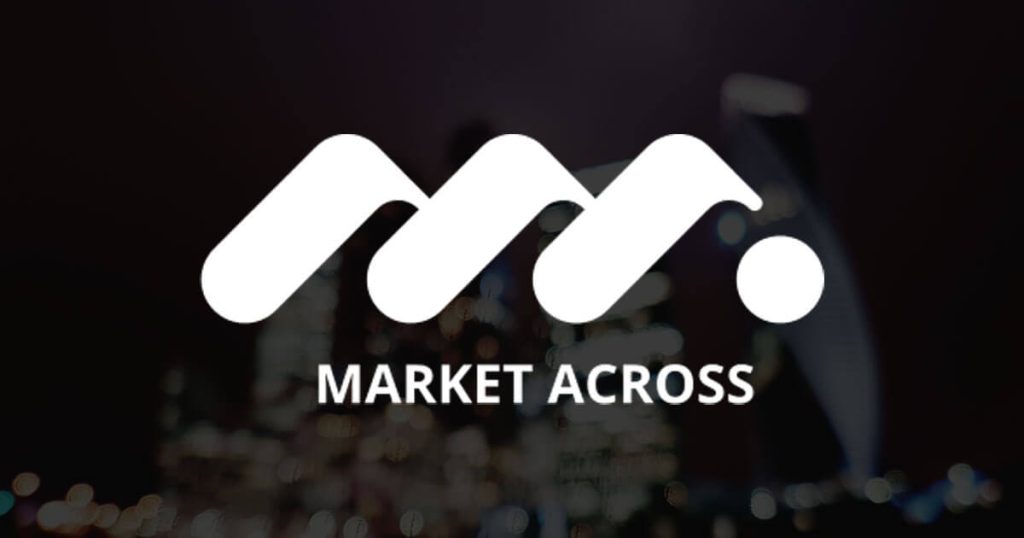
Chainwire
Chainwire is a specialized newswire syndication service tailored for the Web3, cryptocurrency, and blockchain sectors. It automates the distribution of press releases to a network of over 300 crypto-focused media outlets and mainstream news platforms such as Bloomberg, Yahoo Finance, MarketWatch, Benzinga, and NASDAQ.
This ensures that news and announcements from blockchain companies, cryptocurrency projects, and exchanges reach a wide and relevant audience. Chainwire has over 1,000 active clients and works with leading brands like Binance, BitGet, SUI, OKX, ByBit, and many more.
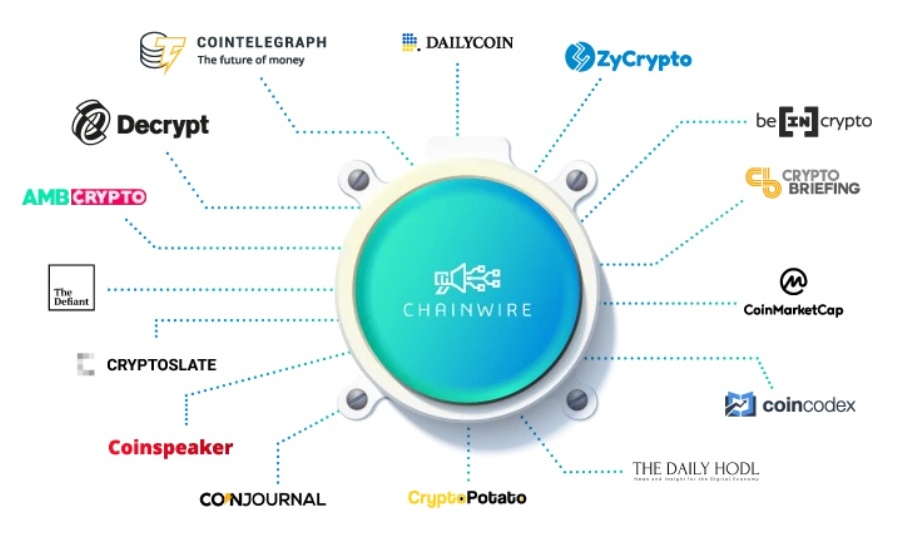
Coinbound
Coinbound is a leading digital marketing agency specializing in the cryptocurrency, blockchain, NFT, and Web3 sectors. Established in 2018, Coinbound offers a comprehensive suite of services designed to help Web3 companies grow and achieve their business goals.
Coinbound provides a wide range of services such as Influencer Marketing, Public Relations, PPC & Paid Ads, SEO, Lead Generation, Design & Development, and Fractional CMO Services. The agency has collaborated with prominent clients like MetaMask, Cosmos, Litecoin, and Immutable, solidifying its reputation as a leading agency in the Web3 marketing industry.
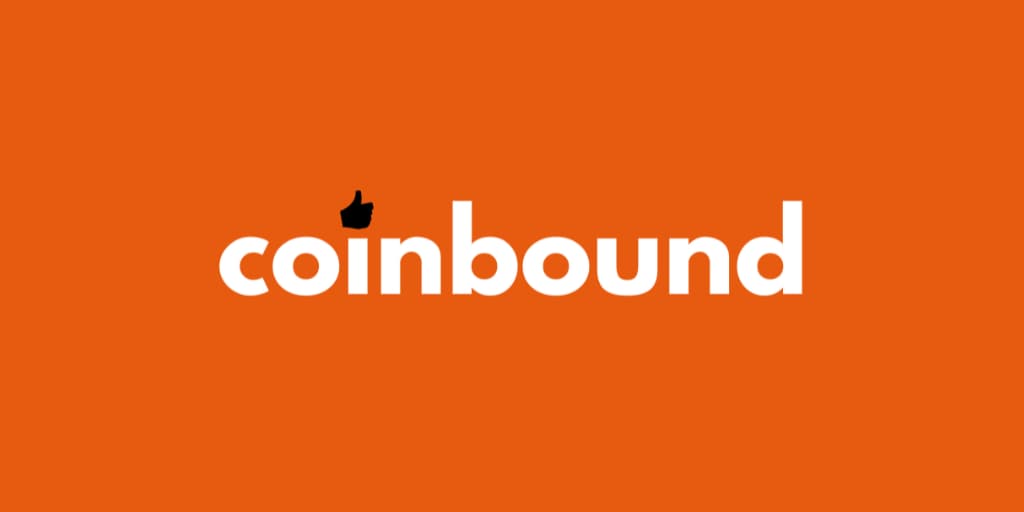
NeoReach
NeoReach is a California, United States-based crypto, blockchain, NFT and Web3 marketing agency focused on influencer marketing, assisting brands and agencies in connecting with influencers to develop and manage marketing campaigns. It offers tools for finding influencers, managing relationships, and evaluating campaign performance.
By utilizing data and analytics, NeoReach identifies the most suitable influencers for each brand, ensuring precise and effective marketing strategies. Companies use NeoReach to boost their social media reach and engagement by partnering with influencers across different sectors.
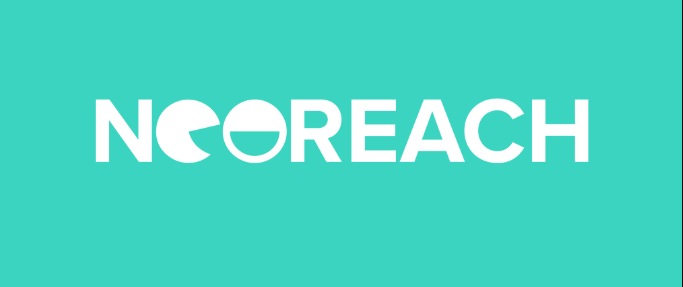
Blockwiz
Blockwiz is a Toronto, Canada-based full-service marketing agency dedicated to the cryptocurrency, Web3, and blockchain sectors. It provides services such as influencer marketing, content marketing, social media management, community management, and performance marketing.
Blockwiz supports blockchain projects and cryptocurrency businesses in increasing their visibility, engagement, and growth through customized marketing strategies.

Lemonade
Lemonade is a California, United States-based Web3 marketing agency that provides a comprehensive suite of services to help crypto and blockchain startups achieve their marketing goals. Their services include social media marketing, content marketing, influencer marketing, community management, and public relations.
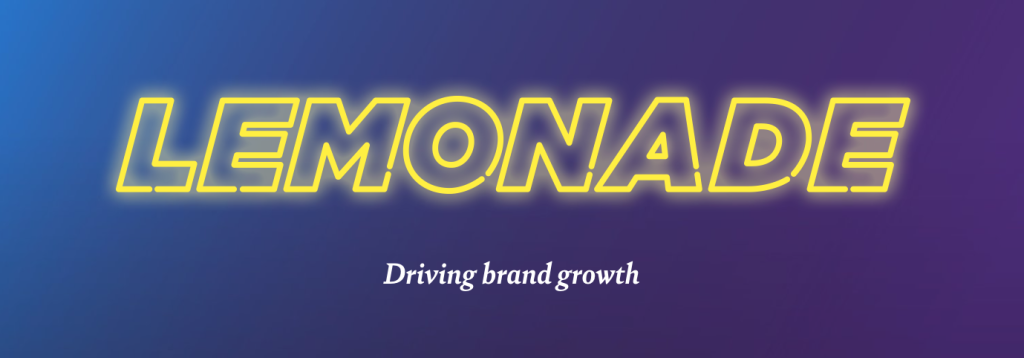
Conclusion:
Web3 represents a bold vision for the future of the internet, offering a decentralized, user-controlled alternative to the centralized platforms of today. While it is still in its early stages, Web3 has the potential to reshape how we interact with the digital world, empowering users and fostering more open and equitable online communities.
As with any new model, there are challenges to overcome, but the principles of Web3 provide a compelling direction for the evolution of the web.
RELATED TOPICS
- Best Paid and Free OSINT Tools for 2024
- 6 of the Best Crypto Bug Bounty Programs
- 20 Best Amazon PPC Management Agencies
- The 10 Best Cybersecurity Companies in the UK
- 10 Top DDoS Attack Protection and Mitigation Companies
- 15 Best SaaS SEO Experts That Will Help You Dominate Online



